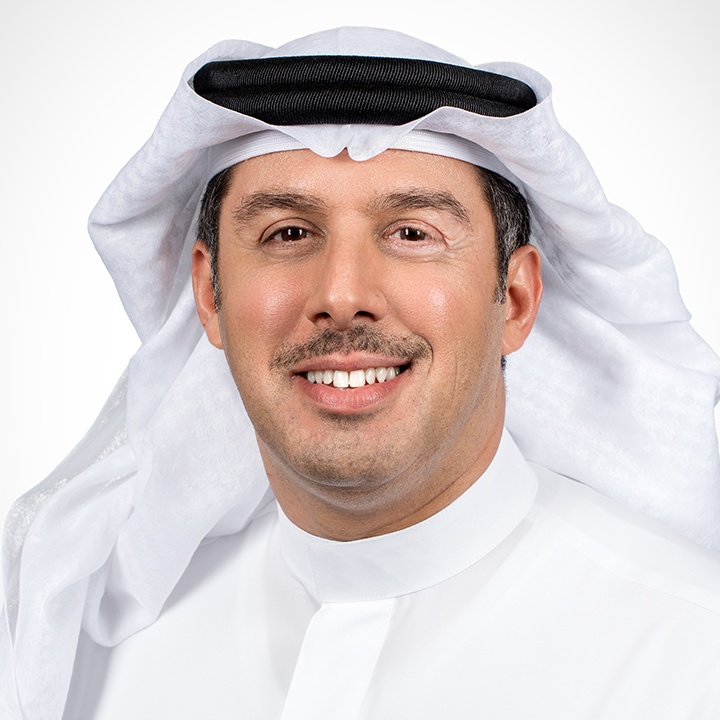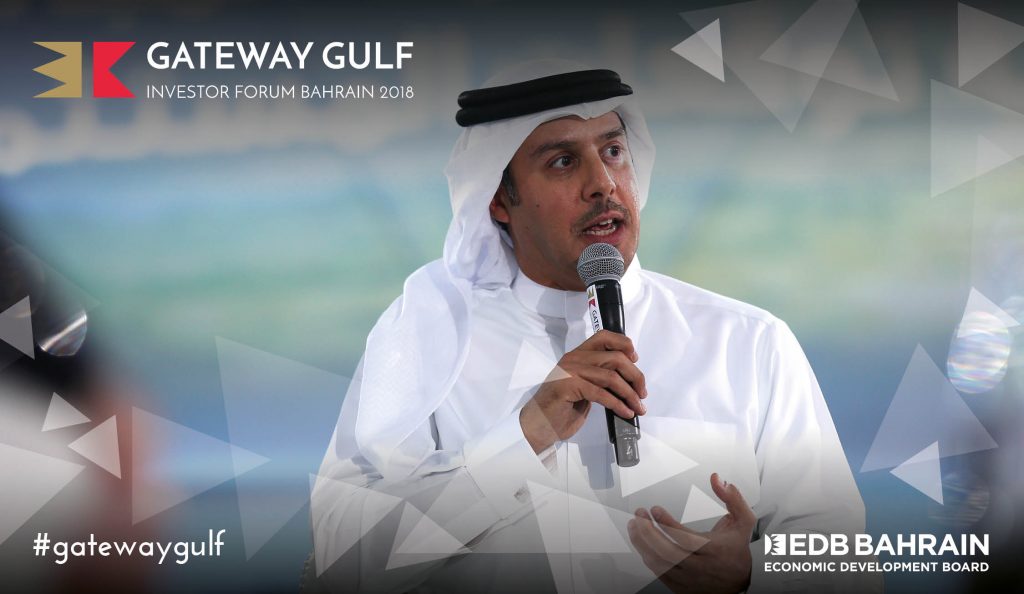
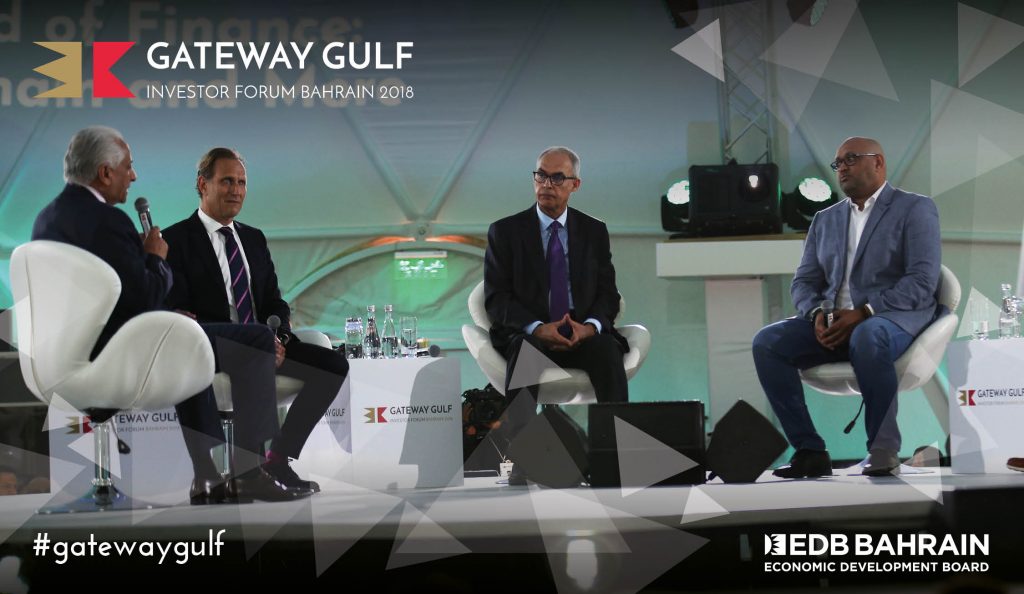
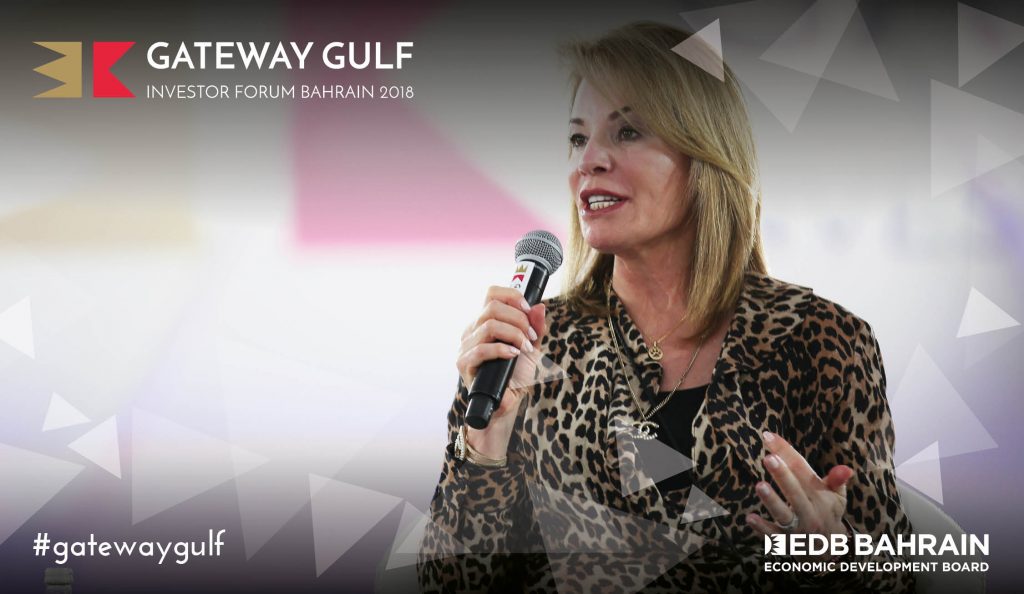
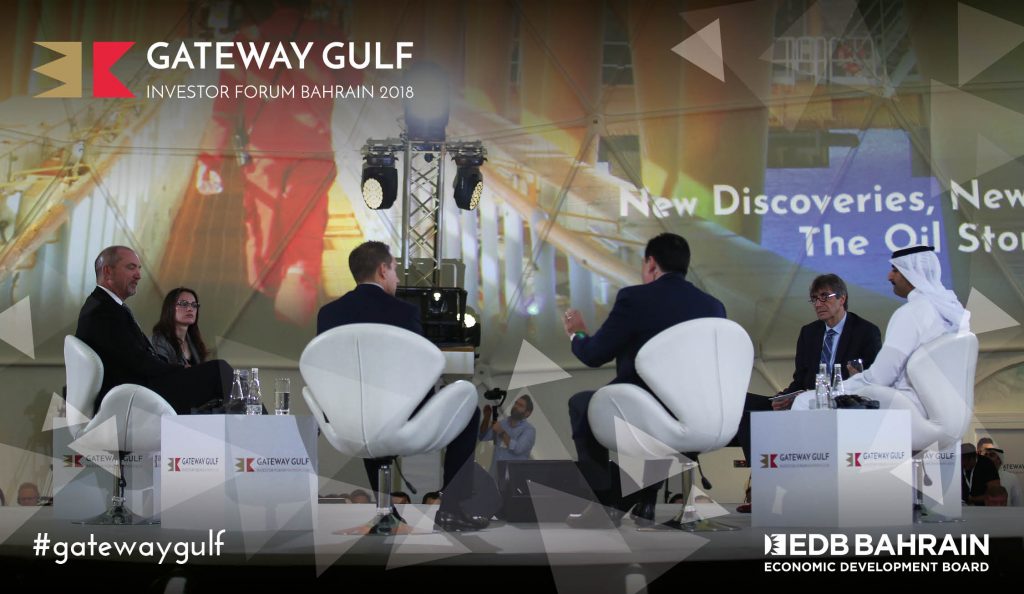
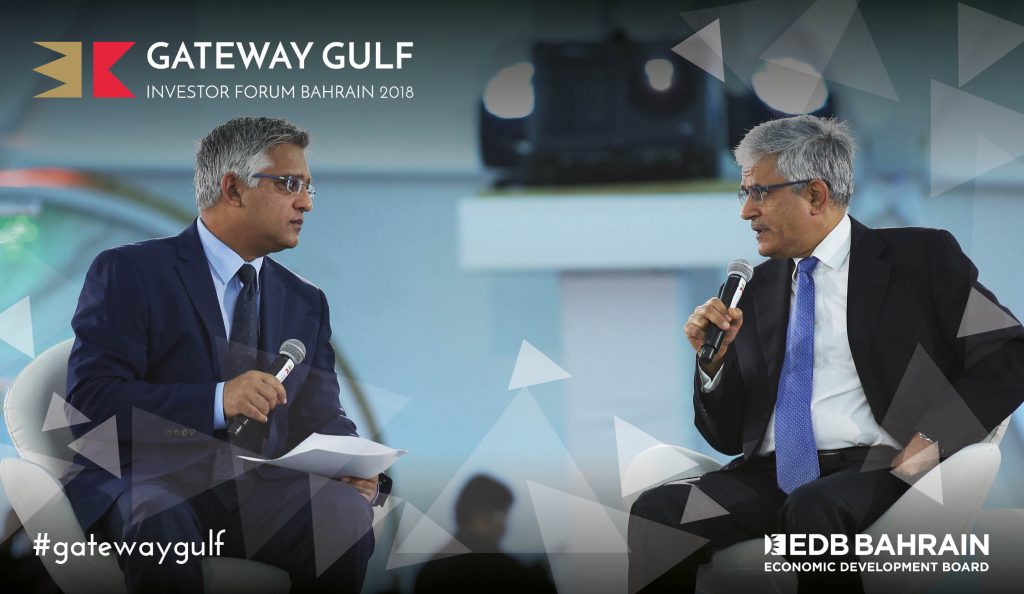
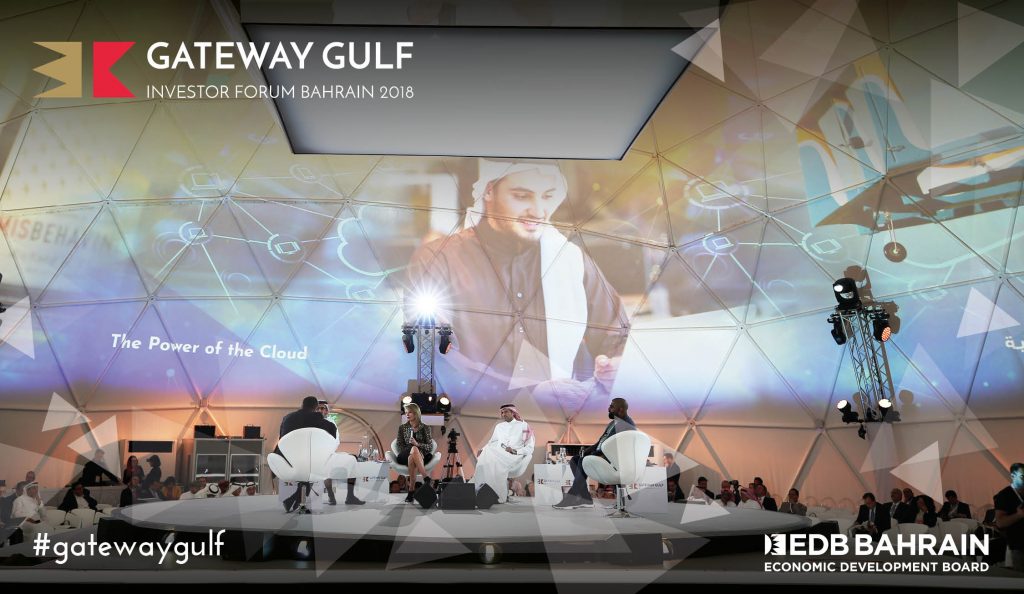
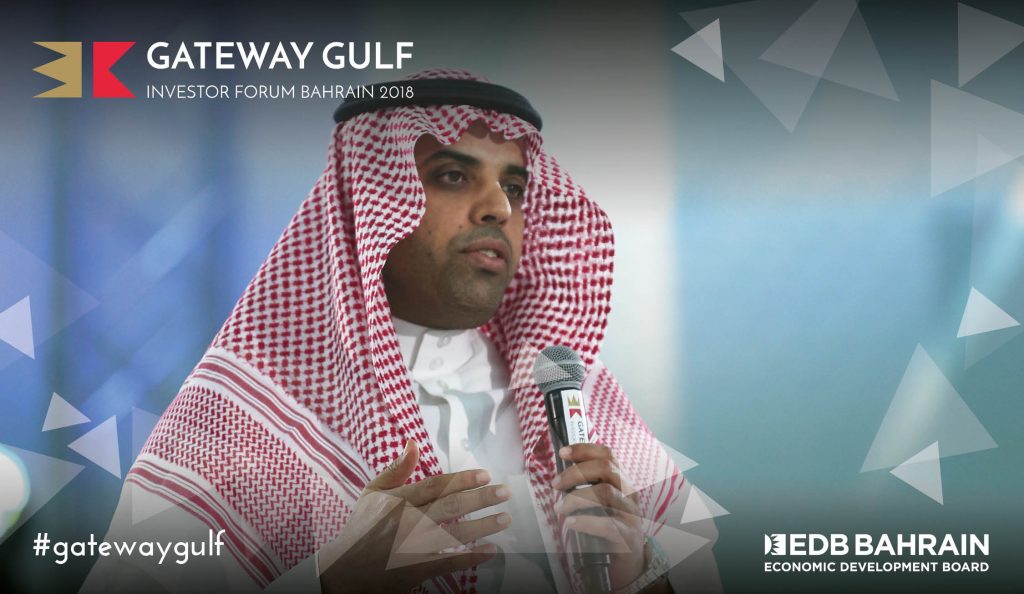
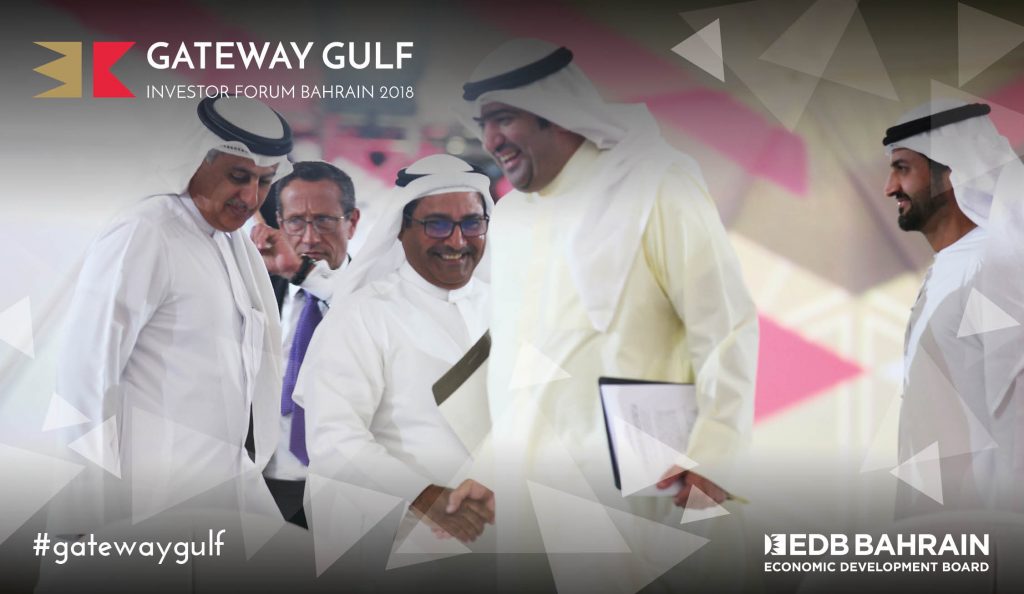
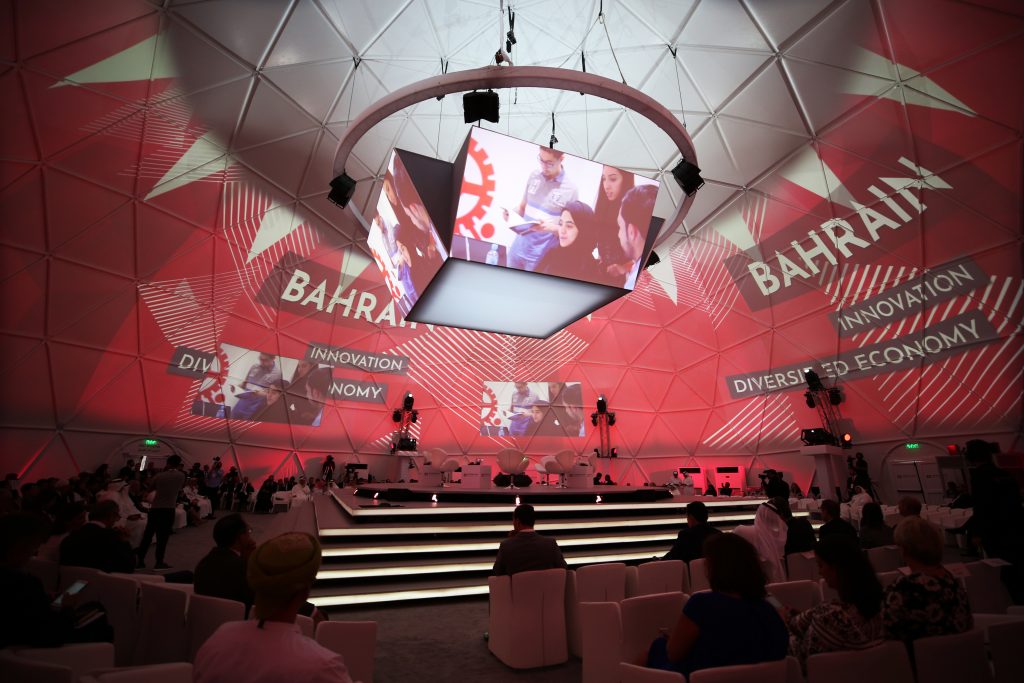
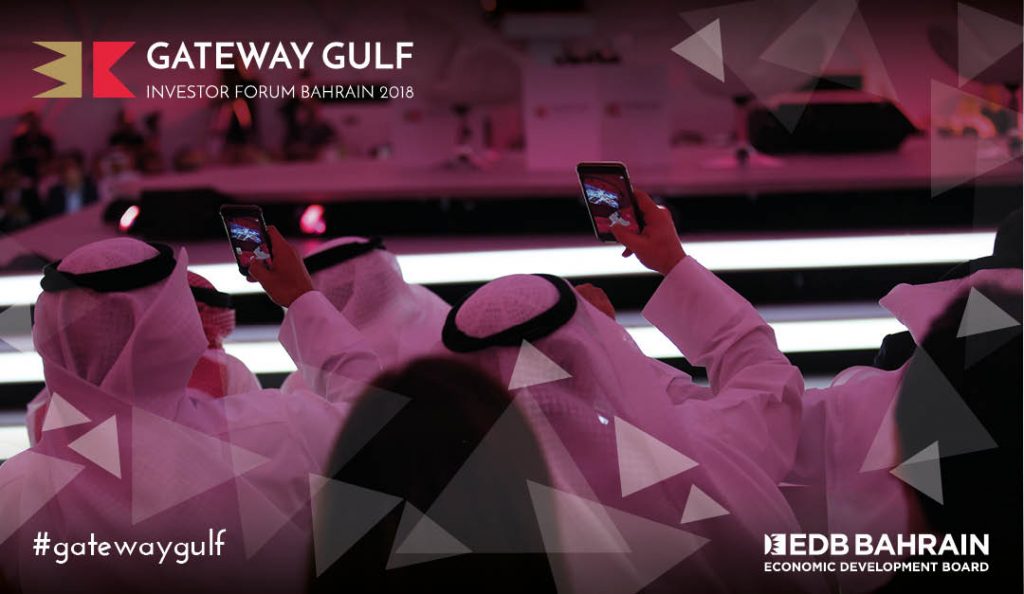
Reflecting on the inaugural Gateway Gulf investor forum in Manama in May, three words spring immediately to mind: open, optimistic, and ambitious.
Open, because economies right across the GCC are committed to the liberalising reforms that are needed to drive our future growth. Optimistic, because the passion for the region and its future was so obvious from all the speakers, wherever they were from. And ambitious, because the scale of the projects on show, and the vision of the policies underpinning them, were so impressive.
Held between 8 and 10 May under the patronage of His Royal Highness Prince Salman bin Hamad Al Khalifa, the Crown Prince, Deputy Supreme Commander and Chairman of the Bahrain Economic Development Board (EDB), Gateway Gulf brought together over 850 delegates from more than 40 countries. Over 90 speakers discussed a wide range of sectors, with projects worth $26 billion showcased across technology, oil and gas, real estate, tourism, housing, power, water, transport, public works and manufacturing.
Empowering business
An overarching theme of the conference was the accelerating trend towards diversification and privatisation across the Gulf. It was encouraging to hear government ministers stressing the importance of fiscal consolidation even as lower oil prices have squeezed their budgets. Bahrain’s Finance Minister Sheikh Ahmed bin Mohammed Al Khalifa said investors want to see a fiscally sustainable environment that empowers business.
Private sector voices agreed. Mohammed Alshaya, founder of Kuwaiti retailer Alshaya Group, called for governments to avoid crowding out private firms, and singled out Bahrain as an example for the region to follow. “[The government of] Bahrain is helping to start businesses, not compete with them,” he said.
Team Bahrain: from start-ups to Amazon
Such endorsements are music to our ears at the EDB. We recognised early on that the government and private sector needed to work together to unlock Bahrain’s huge economic potential. For that to work, government entities needed to be agile and collaborative – to respond quickly to rapidly changing markets and to give businesses and entrepreneurs the support they need to innovate. As Prince Salman told the audience at the forum, this is our Team Bahrain approach: seasoned experts in both the public and private sectors, working together towards a shared vision.
Nowhere is the Team Bahrain ethos more apparent than in Bahrain’s startup scene – one of the most thriving in the whole MENA region. The ecosystem we’re developing is a result of continuous dialogue between investors, entrepreneurs and regulators. Last year, the Central Bank of Bahrain (CBB) launched a regulatory sandbox in which new products can be tested and developed before being introduced to the wider market. And February this year saw the launch of Bahrain FinTech Bay, MENA’s largest dedicated fintech hub.
Bahrain’s start-ups are now set for even more momentum after one of the most exciting announcements at Gateway Gulf – a new $100 million venture capital fund of funds launched by the Bahrain Development Bank (BDB). The Al Waha Fund of Funds will invest in funds with a presence in Bahrain, boosting the local ecosystem by bringing in capital and expertise.
As a key driver of the economic transformation happening across the Gulf and beyond, technology was a central theme of the event. Among the Bahraini projects on show were a new generation of high-resolution 3D maps to lay the groundwork for autonomous vehicles; and a blockchain-based vehicle registry system.
Bahrain’s attractiveness to tech firms was evidenced last year by Amazon Web Services (AWS)’s decision to choose the Kingdom as the location for its first data centre for the Middle East. Speaking at Gateway Gulf, Teresa Carlton, Vice President, Worldwide Public Sector at AWS, highlighted Bahrain’s business-friendly approach: “We go into regions for the long term, and we chose Bahrain because of the process in place for creating the right environment,” she said.
Bahrain’s economy: fastest growth in the Gulf
New data released by Bahrain EDB show that Bahrain is the fastest growing country in the GCC in 2017, with real GDP growth of 3.9 percent. This was driven by non-oil private sector growth of 5 percent; a strong infrastructure pipeline; and a record $733 million of foreign direct investment, expected to generate 2,800 jobs over the next three years.
The Kingdom’s economic outlook had a significant boost recently with the announcement of the largest oil discovery since 1932. Estimated at 80 billion barrels, the find is not only a historic one for Bahrain’s oil and gas sector but will also provide revenues for supporting non-oil sectors. Furthermore, a Bahrain Energy Fund is being launched specifically to allow private investors to take advantage of the sizeable returns expected. This is a prime example of what Gateway Gulf is all about: sectors which have been traditionally shut off are now opening up to international investment.
Tourism and real estate: powering ahead
Of the non-oil sectors fuelling the Bahraini economy last year, tourism led the way – with growth of 9.5 percent in the hotels and restaurants sector and total visitor expenditure rising by 8.9 percent. This boom is reflected in the scale of the real estate developments announced by Bahrain at Gateway Gulf, amounting to $18 billion of investment-ready projects.
Highlights included Al Sahel development, an exclusive five-star resort planned along 1.25km of the southwest coast and featuring room and villa accommodation; and Durrat Dawn and Durrat Crescent, also planned for the southwest of the island and comprising residential, commercial and tourism developments totalling $2 billion.
Next stop on the Silk Road
Real estate and tourism aren’t the only areas benefitting from increased investment. The manufacturing sector is going from strength to strength, with Mondelez launching a major new $90 million facility in April this year. This was followed by Italian water heater maker Ariston Thermo’s announcement of a 7,000m2 plant based in Bahrain International Investment Park (BIIP), and Malaysian beverage firm Power Root announcing a $14 million plant, also in BIIP.
These investments are testament of the strength of Bahrain’s transport and logistics infrastructure, which positions the Kingdom to benefit from wider global trends such as China’s Belt and Road Initiative (BRI) to boost connectivity and cooperation between Eurasian countries. As the Bahraini Minister of Transportation and Telecommunications H.E. Eng. Kamal bin Ahmed Mohamed pointed out, with Bahrain’s advanced infrastructure and financial sector and China’s reliance on GCC oil imports, Bahrain stands to gain from BRI along with the rest of the Gulf.
The natural gateway
It has been hugely exciting for us to welcome such a prestigious group of businesspeople, investors and policymakers to Bahrain to explore these far-reaching issues. The message throughout was clear: Gulf countries are open for business, optimistic about the future, and ambitious about their place in it. The changes underway in the region – such as Saudi Arabia’s Vision 2030 diversification programme – are set to usher in a new era of prosperity, powered by advanced technologies and a young, educated population.
For our part, we will keep making sure Bahrain, as the gateway to the Gulf, is the investment destination of choice. Its strategic location, low business costs, forward-looking regulation and talented local workforce make it the ideal launch pad to access growth markets anywhere in the region. Nowhere was that demonstrated better than in Manama in May.




